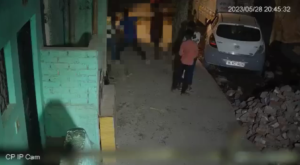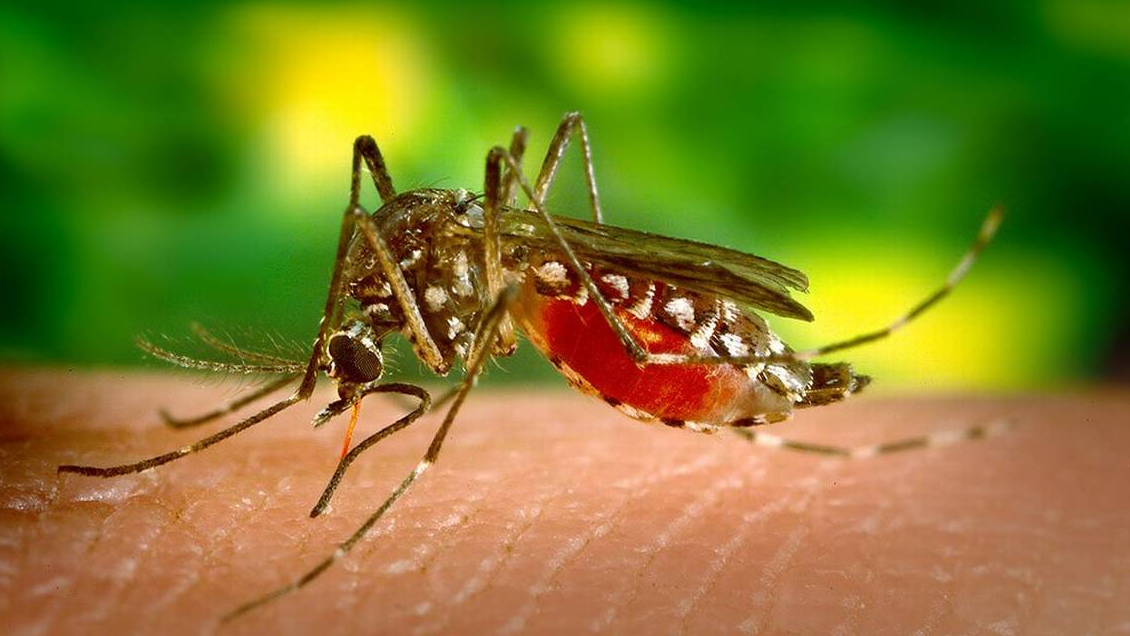In a shocking development, a 22-year-old Pakistani student has been sentenced to death on charges of blasphemy related to WhatsApp messages. The court in Punjab Province ruled that the student had shared blasphemous pictures and videos with the intent to outrage the religious feelings of Muslims. A 17-year-old was also sentenced to life imprisonment as part of the same case.
The Blasphemy Case on Pakistani Student
The complaint was filed in 2022 by the cybercrime unit of Pakistan’s Federal Investigation Agency (FIA) in Lahore, the capital of Punjab. The case was subsequently referred to a local court in the city of Gujranwala.
In their ruling this week, the judges stated that the 22-year-old student was sentenced to death for creating photos and videos containing derogatory words about Prophet Muhammad and his wives. The younger defendant received a life sentence for sharing the material.
The Legal Context
Blasphemy is a grave offense in Pakistan and is punishable by death. Shockingly, some individuals have faced lynching even before their cases go to trial. The laws against blasphemy were initially codified during India’s British colonial rule and were further expanded in the 1980s under Pakistan’s military government.
Defense Arguments
Defense lawyers argued that the two students had been trapped in a false case. The father of the death-row convict, whose identity remains undisclosed, has announced plans to file an appeal in the Lahore High Court. The other student, being a minor, received a life sentence instead of the death penalty.
International Concerns
This case has raised international concerns about the draconian nature of Pakistan’s blasphemy laws. It highlights the precarious position of those accused of blasphemy, who often face severe consequences even before their guilt is proven.
As the world watches, questions arise about the balance between religious sensitivities and the right to free expression. The case serves as a stark reminder of the delicate line that societies must tread when dealing with matters of faith and law.
Note: The names of the students involved have not been disclosed for their safety.







































